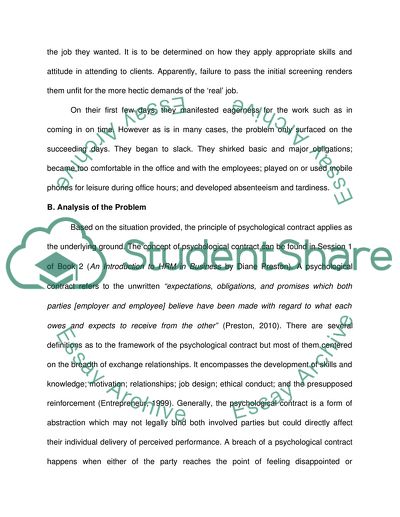Cite this document
(The Cause and Effect of the Employees Lack of Professionalism Case Study, n.d.)
The Cause and Effect of the Employees Lack of Professionalism Case Study. Retrieved from https://studentshare.org/human-resources/1747479-hrm-practice-2
The Cause and Effect of the Employees Lack of Professionalism Case Study. Retrieved from https://studentshare.org/human-resources/1747479-hrm-practice-2
(The Cause and Effect of the Employees Lack of Professionalism Case Study)
The Cause and Effect of the Employees Lack of Professionalism Case Study. https://studentshare.org/human-resources/1747479-hrm-practice-2.
The Cause and Effect of the Employees Lack of Professionalism Case Study. https://studentshare.org/human-resources/1747479-hrm-practice-2.
“The Cause and Effect of the Employees Lack of Professionalism Case Study”, n.d. https://studentshare.org/human-resources/1747479-hrm-practice-2.


